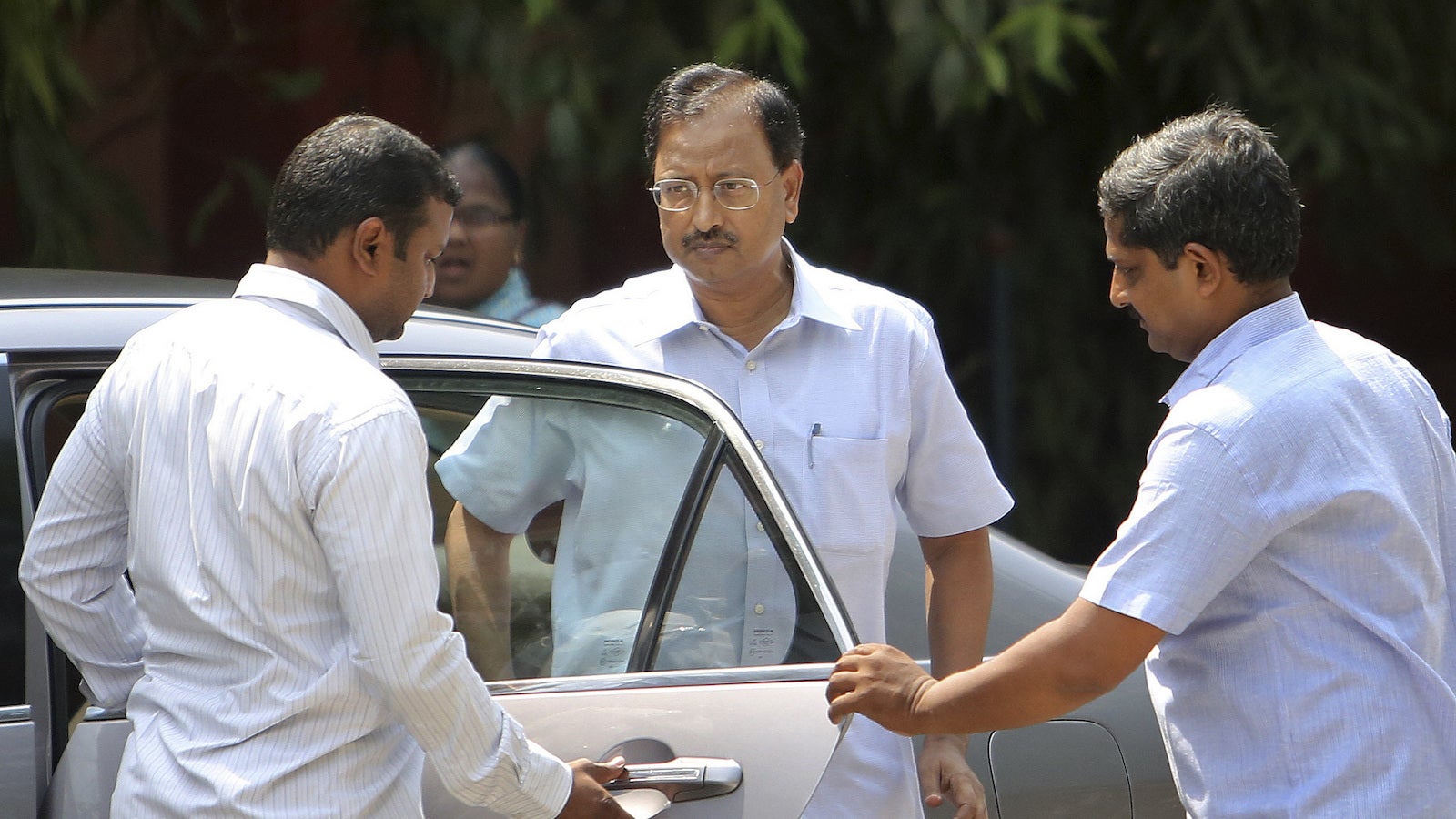The Satyam scandal: How India’s biggest corporate fraud unfolded
The verdict is finally out on India’s biggest corporate fraud.


The verdict is finally out on India’s biggest corporate fraud.
A special court under India’s Central Bureau of Investigation (CBI) on April 10 held the founders and former officials of outsourcing firm, Satyam Computer Services, guilty in an accounting scam worth Rs7,000 crore ($1.1 billion). B Ramalinga Raju, the company’s former chairman, has been sentenced to seven years in jail.
The case, which is also called the Enron of India, dates back to 2009. Six years ago, Raju wrote a letter to the Securities and Exchange Board of India (SEBI) and his company’s shareholders, admitting that he had manipulated the company’s earnings, and fooled investors. Nearly $1 billion—or 94% of the cash—on the books was fictitious.
In an immediate reaction to the confession, investors lost as much as Rs14,000 crore ($2.2 billion) as Satyam’s shares tanked.
Raju explained his reasons for inflating earning in the letter thus: ”As the promoters held a small percentage of equity, the concern was that poor performance would result in a takeover, thereby exposing the gap.”
“What started as a marginal gap between actual operating profit and the one reflected in the books of accounts continued to grow over the years,” Raju said in the letter. “It has attained unmanageable proportions as the size of the company operations grew significantly.”
Raju was once the poster boy of India’s IT revolution—rubbing shoulders with top CEOs and politicians across the world, including Bill Clinton.
Here’s a timeline of what went wrong at Satyam.
1987: Thirty three-year-old Raju establishes Satyam Computer with his brother and a brother-in-law in Hyderabad.
1991: The company is listed on the Bombay Stock Exchange, where its initial public offering is oversubscribed by as much as 17 times.
1993: Satyam Computer signs a deal with US-based Dun & Bradstreet to set up Dun & Bradstreet Satyam Software. Satyam holds 24% stake in the venture, while Dun & Bradstreet holds the remaining. In 1996, Satyam sells its stake to Dun & Bradstreet, ahead of a restructuring, and the new company is called Cognizant Technologies.
1999: Satyam Infoway, a subsidiary of Satyam Computer, becomes the first Indian information and communication technology company to be listed on Nasdaq, and Satyam expands footprint to 30 countries.
2006: Satyam’s revenues cross $1 billion. Raju becomes the chairman of industry body, The National Association of Software and Services Companies.
2007: Raju is named Ernst & Young Entrepreneur of the Year. The company bags contract to be the official IT services provider of the FIFA World Cups in 2010 and 2014.
2008: Satyam’s revenues cross $2 billion. In December, the company decides to buy out Maytas Infra—owned by Raju’s sons—for $1.6 billion. The deal falls through after investors and board members object, and in a span of four days, four directors of the company quit. (Maytas is Satyam spelt backwards.)
January 2009: Satyam is barred from doing business with the World Bank for eight years. The World Bank alleges that Satyam was involved in data thefts and staff bribery. Shares fall to record low in four years. Satyam employees receive a letter from Raju admitting to the fraud, following which he resigns as chairman.
Raju and his younger brother B Rama Raju are arrested by police, while the Indian government steps in and disbands Satyam board.
June 2009: Tech Mahindra, owned by the Mahindra Group, and Satyam merge to form India’s fifth largest IT exports company. The merged entity is called Mahindra Satyam.
November 2011: Raju gets bail from India’s supreme court after the CBI fails to file charge-sheet.
October 2013: India’s enforcement directorate files a charge-sheet against Raju and 212 others under money-laundering charges.
July 2014: India’s market regulator SEBI bars Raju from the capital markets for 14 years, and also seeks Rs1,849 crore as fine.
April 2015: The special CBI court holds Raju and nine other officials guilty of cheating. Among those held guilty are two former partners at PwC. “We are disappointed with this verdict given by the court of the Additional Chief Metropolitan Magistrate at Hyderabad,” accounting firm PwC said in a statement.
Raju, who also has to pay a fine of about $800,000 (Rs5 crore), has served 32 months in prison so far.